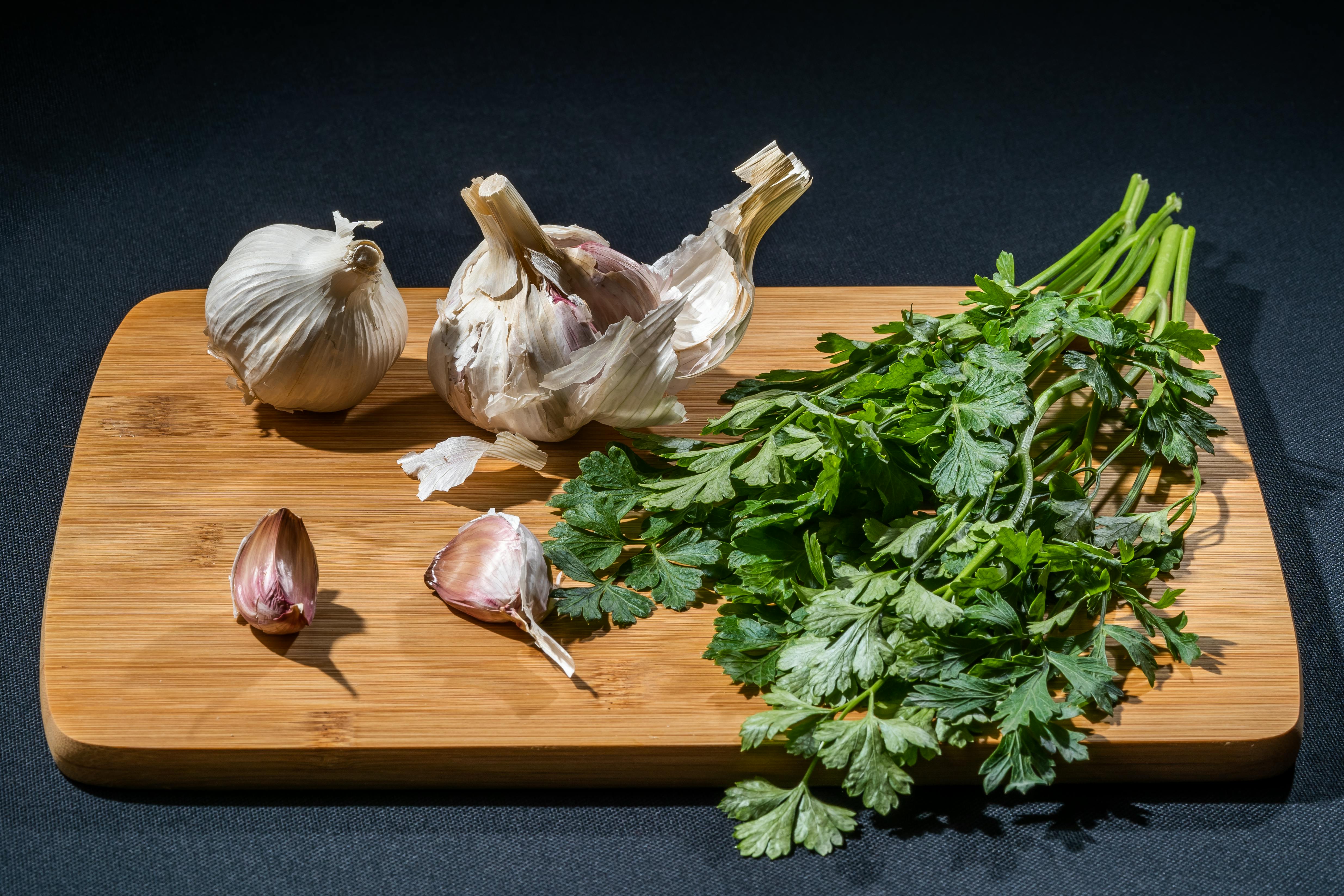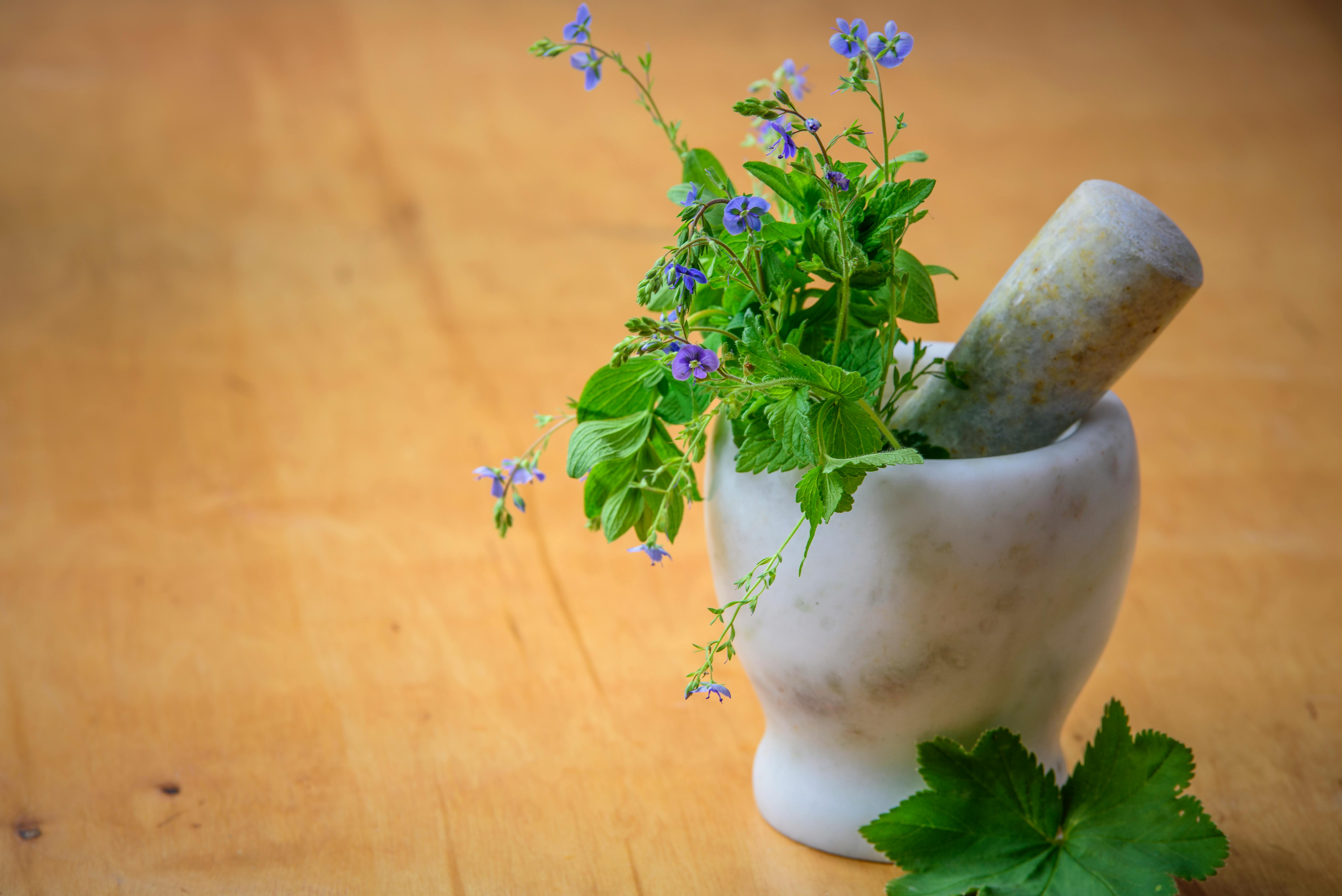A Dietitian's Guide to Lowering Cholesterol Without Medication
47. The Gut-Liver Connection

Your gut and liver work in tandem to manage cholesterol. A healthy gut microbiome can produce short-chain fatty acids from the fiber you eat, which travel to the liver and help inhibit cholesterol production. More fascinatingly, certain probiotic strains can help break down bile acids—which are made from cholesterol—for excretion, effectively reducing your body's cholesterol load. Nurturing your gut health with prebiotic foods like garlic, onions, and asparagus and probiotic foods like kefir and sauerkraut can be an indirect but powerful strategy to support your liver's cholesterol-clearing efforts.
48. Cook with Spices and Herbs

Your spice rack is a secret weapon for heart health. Many common spices and herbs contain potent anti-inflammatory and antioxidant compounds that actively fight against cholesterol-related issues. For instance, cinnamon can improve insulin sensitivity, which helps the body manage blood sugar and fat. The compounds in turmeric (curcumin) and ginger can reduce inflammation in your blood vessels, a key factor in plaque formation. By seasoning your meals with a variety of herbs and spices instead of relying on salt and butter, you're not just adding flavor; you're infusing your food with a layer of powerful, heart-protective compounds.
